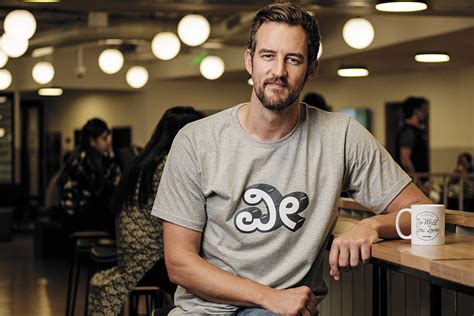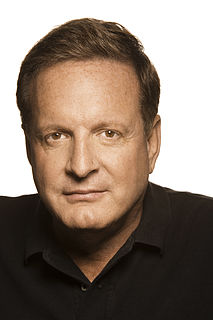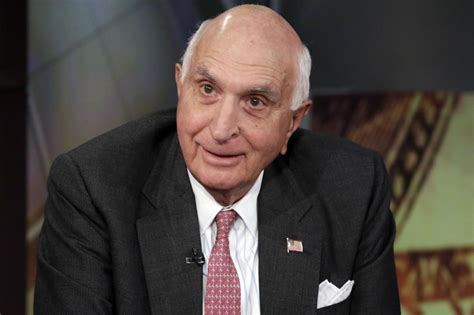Top 1200 Big Companies Quotes & Sayings
Explore popular Big Companies quotes.
Last updated on April 14, 2025.
On the Internet, companies are scale businesses, characterized by high fixed costs and relatively low variable costs. You can be two sizes: You can be big, or you can be small. It's very hard to be medium. A lot of medium-sized companies had the financing rug pulled out from under them before they could get big.
India is a very, very old country with a history, culture and tradition like Italy. And we can use the English language to be in touch. Then India's industrial situation is similar to us. Both have big companies but are dominated by small and medium-sized companies. It is extremely important for both to do joint ventures.
Most companies aim to get bigger. But beyond a certain point, bigness becomes synonymous with badness. Think of Big Pharma, Big Auto, Big Oil. Worse, if you are regularly described as one of the Big Four, Five, or Six in any business sector, you are probably already in the sights of regulators and lawmakers.
Many liberals argue that big U.S. companies don't really pay the top corporate rate. While this is sometimes true, it's mainly because, during recessions, companies lose money, and get a tax loss carryforward that temporarily reduces their effective rate. But during economic expansions, when profits rise, companies then do pay the top rate.
They have a policy in China for their big companies called "Go abroad." It's a rational thing for both the company and the country to say, "We want big, successful companies." Particularly in areas where they need it: agriculture, energy, technology. I think banking, too. One or two have bought a trading house. Some have already begun expanding around the world. Of course they're going to have those ambitions. Why wouldn't they? They're just doing it methodically. It's a logical strategy and, well-executed, they will succeed.
There are black companies that are very active in the economy, that are growing and not on the basis of mergers and acquisitions, but because of putting new money into their particular companies and, therefore, their particular sectors. Indeed, if they didn't do that, they would collapse as companies.
In America, we've had people that are political hacks making the biggest deals in the world, bigger than companies. You take these big companies, these trade deals are far bigger than these companies, and yet we don't use our great leaders, many of whom back me and many of whom back Hillary Clinton, I must say. But we don't use those people.
When the trust is high, you get the trust dividend. Investors invest in brands people trust. Consumers buy more from companies they trust, they spend more with companies they trust, they recommend companies they trust, and they give companies they trust the benefit of the doubt when things go wrong.
What I love about what I get to do is that I'm allowed to create the stories that I want to tell with minimal interference by some very big corporations like Microsoft and Sprint and EA and BioWare. The advantage that these tech companies have is that they understand the space organically, versus traditional media companies.
When we first started our internet company, 'China Pages', in 1995, and we were just making home pages for a lot of Chinese companies. We went to the big owners, the big companies, and they didn't want to do it. We go to state-owned companies, and they didn't want to do it. Only the small and medium companies really want to do it.



























































